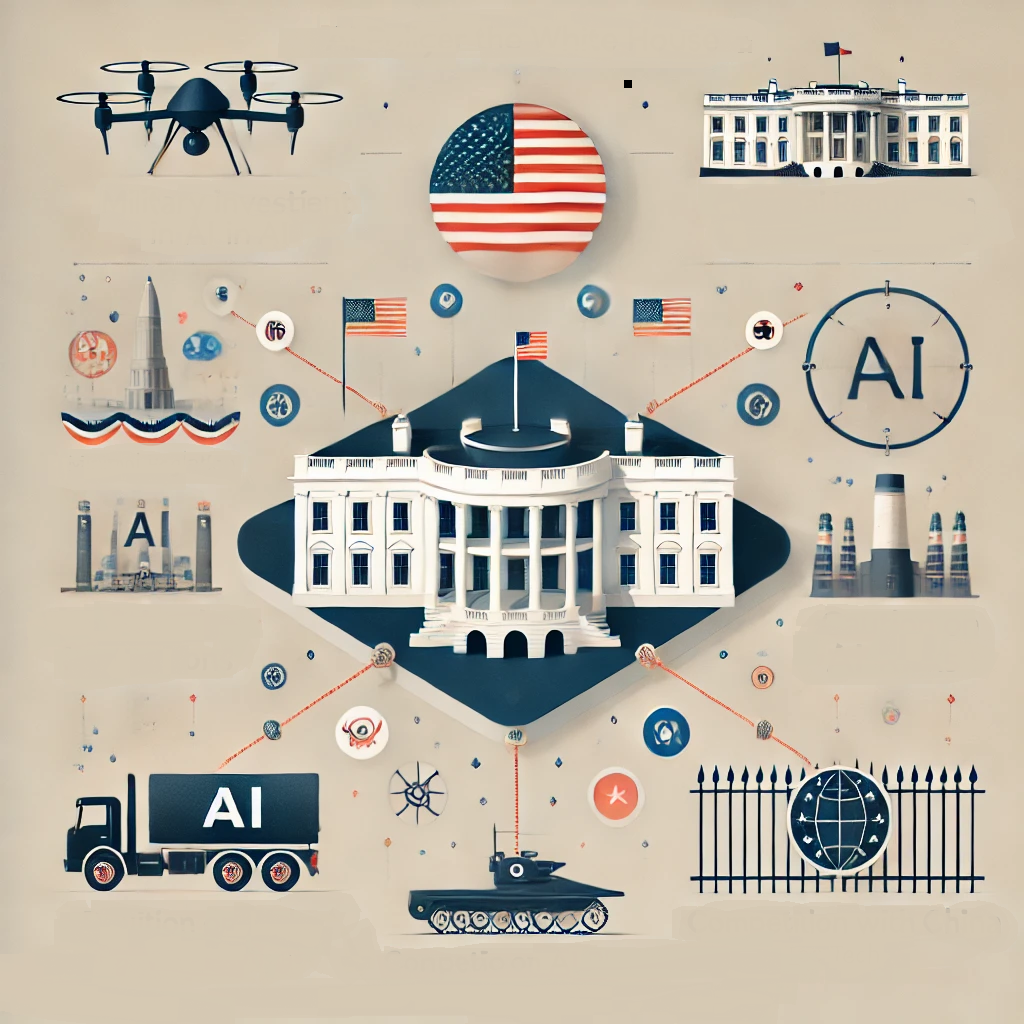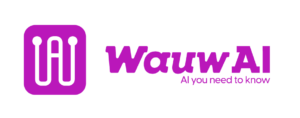
In plain English, let’s break down what Trump’s return to the White House might mean for artificial intelligence.
Trump’s take on AI
During a chat with YouTuber Logan Paul, Trump called AI a “superpower” but also admitted it’s “concerning.” When asked if AI might take over humanity, he gave a classic Trump response: “It’s powerful stuff. We’ll see how it goes.” Not exactly detailed, but it gives us a peek into his thinking.
Are big changes coming?
Here’s the scoop: Trump plans to shake things up on day one by scrapping Biden’s AI rules. His team already has a new plan ready with three main points:
- Pumping more money into military AI
- Making it easier for companies to develop AI by cutting red tape
- Creating new oversight groups led by the industry itself
Split opinions among advisors
Trump’s getting different advice from two big names in tech:
- Marc Andreessen thinks strict rules will just slow us down in the global AI race
- Elon Musk is more cautious, warning there’s a 10-20% chance AI could go “very wrong” (though that hasn’t stopped him from starting his own AI company)
The Ivanka factor
Interestingly, Ivanka Trump has jumped into the AI conversation. She shared an essay suggesting that super-smart AI (AGI) could arrive by 2027. She thinks this makes it super important for the US to stay ahead of China in the AI race.
The China challenge
One thing’s clear: Trump sees AI as a competition with China. His motto seems to be “if it’s happening, America needs to lead.” This could mean moving faster on AI development, even if it means taking more risks.
What’s different this time?
While Trump’s first-term AI policies weren’t too different from Biden’s, things have changed. AI has gotten way more advanced, and there’s more debate about keeping it safe. With new advisors who might prefer fewer rules, Trump could change how the US handles AI.
What this means
AI companies should buckle up for changes. We might see:
- Fewer regulations
- More focus on innovation
- A faster push to compete with China
But remember – with Trump, surprises are always possible! Whether his team follows Andreessen’s “fewer rules” approach or Musk’s careful thinking, these changes could affect AI development worldwide.
The future of AI under Trump’s second term might be less regulated and more competitive. While this could speed up innovation, it raises questions about responsible AI development. One thing’s for sure – the AI landscape is about to get very interesting.

